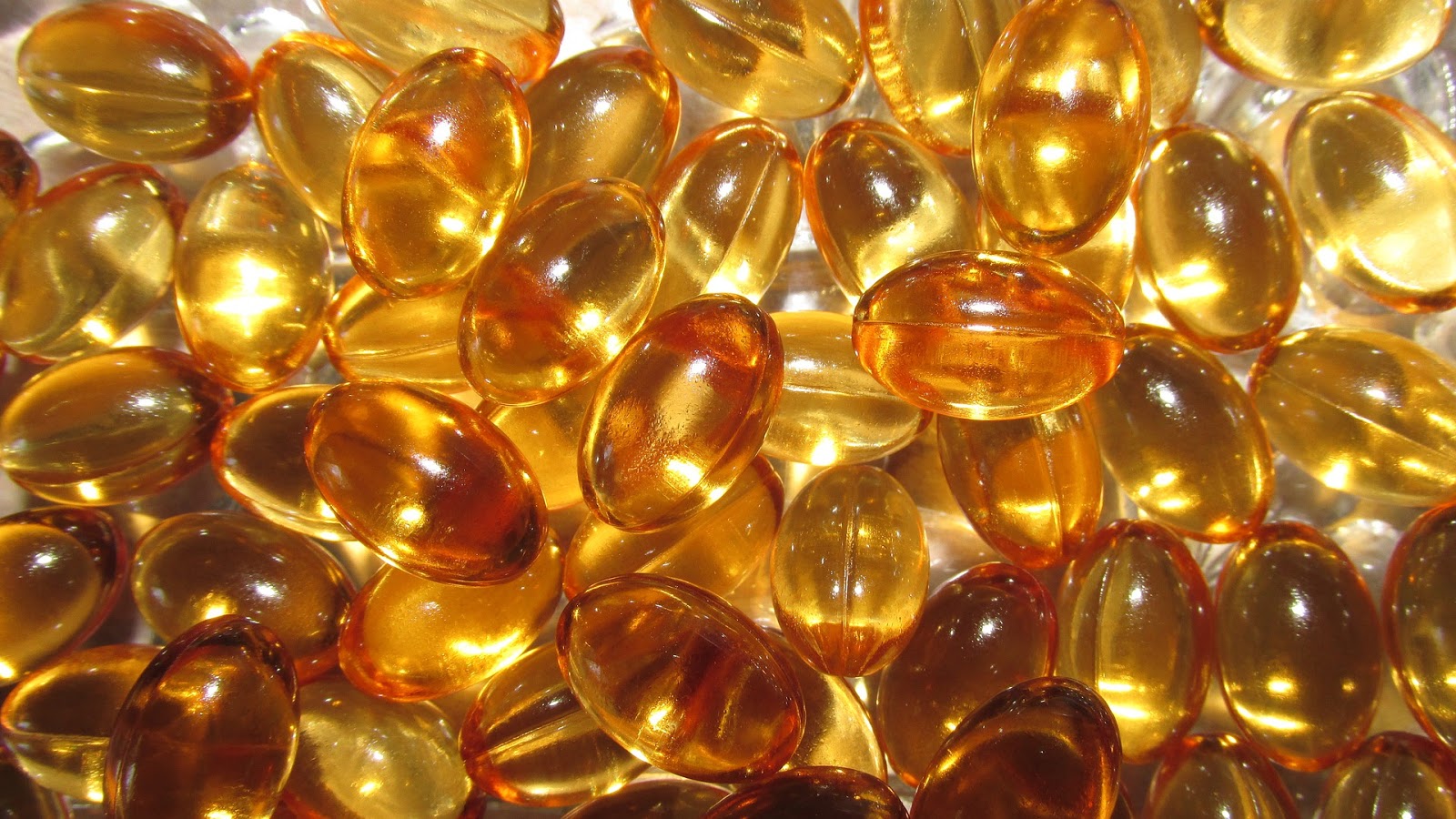
Stay Away From Synthetic Vitamin E
Vitamin E is a fat-soluble nutrient that performs several important functions in the body. It is critical for maintaining eye health, slows signs of aging skin, and acts as an antioxidant that protects the cells from free radical damage. Beyond eye, skin, and hair health, vitamin E plays a key role in balancing cholesterol and hormones, increasing immunity and fighting off the common cold to heart disease, and even helps alleviate PMS symptoms.
The typical adult needs approximately 15 mg/day (22.4 IU) of vitamin E per day. Vitamin E can be found in several foods, including seeds and nuts (sunflower seeds, almonds, and hazelnuts have the highest concentration of the nutrient), mango, avocado, broccoli, butternut squash, kiwis, spinach, and tomatoes. Vitamin E can also be taken in supplement form in oil drops or capsules, or can even be applied directly to the skin to reduce the appearance of wrinkles and help heal scars.
Like most vitamins, there are natural and synthetic versions of vitamin E. There are two forms of manufactured vitamin E: natural source vitamin E (d-alpha- tocopherol), derived from vegetable oils, and synthetic vitamin E (dl-alpha-tocopherol), which is derived from petroleum. As you can probably guess, the petroleum-derived synthetic version is toxic to the system and dangerous to ingest.
As with any vitamin, the body absorbs natural and synthetic vitamin E supplements differently. Studies have found that the natural version is absorbed much better than the synthetic variety because there are binding and transport proteins produced in the liver that detect the natural form of vitamin E (d-alpha) and ignore the synthetic variety. So not only does synthetic vitamin E have poor biological availability, but it also blocks the receptors in the body from picking up the natural vitamin E it requires. Additionally, research shows that 400 IUs or more of synthetic vitamin E (dl-alpha-tocopherol) taken daily may raise the risk of prostate cancer by 17%.
This is where reading the supplement label before purchasing is very important. Health conscious consumers know this. As with any product you’re going to ingest, it’s imperative that you know what’s in the supplement and where it comes from before ingesting it. This is why all of our products use natural ingredients based on sound research and accumulated experience. Some companies, however, are in it for the profit and will use synthetic versions to make money, with no care for the consumer’s health.
So how do you know if the vitamin E supplement is natural or synthetic? It’s easy: natural vitamin E is listed as d-alpha tocopherol, d-alpha tocopheryl acetate, or d-alpha tocopheryl succinate. Synthetic forms of vitamin E (the ones to stay away from) are labeled with a dl- prefix.
Start consuming foods that contain vitamin E as a regular part of your diet. Additionally, consider visiting your supplement store and adding a natural vitamin E supplement to your vitamin routine, but make sure you are protecting your health and purchasing natural vitamin E and staying away from the synthetic form.